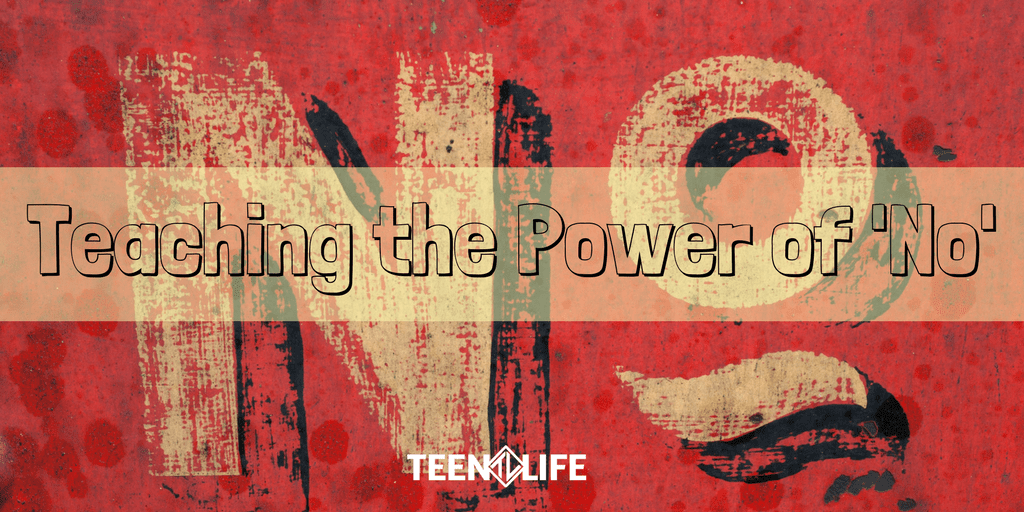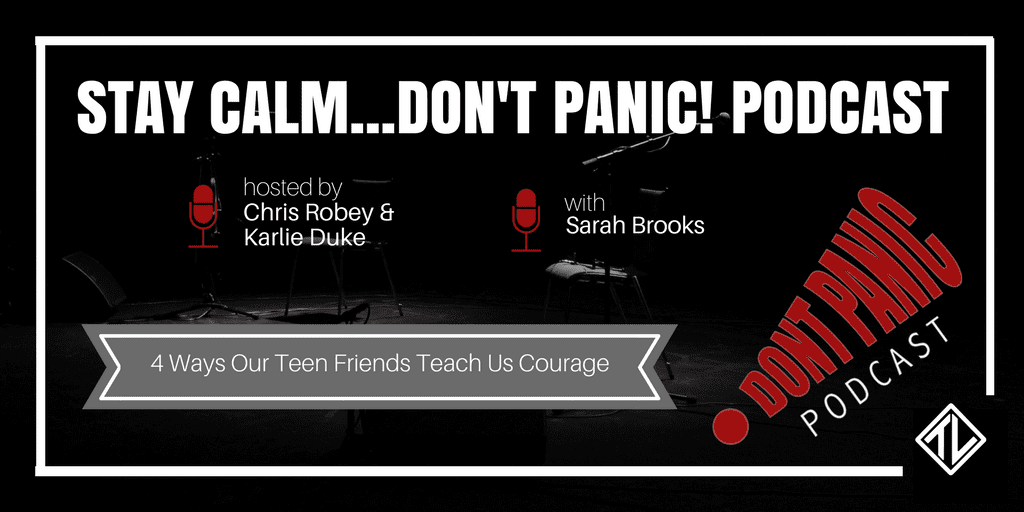
Ep. 64: Talking With Teens About Courage
Podcast: Play in new window | Download
How willing are you to face up to the challenges in your life?
Summer is a great time to start conversations with your teen! Use the extra time with them while they are home to get curious and ask open-ended questions.
To help, we’ve designed this series to be a quick, fun way to get everyone talking. Listen together with your teen, or by yourself. You might be surprised at how willing teenagers are to talk when they get started!
In episode 64, Chris and Karlie discuss what courage is and how we can all motivate ourselves to face challenges and take on new experiences.
Talk through these with your teen after this podcast ends!
- What do you think courage is?
- What is causing stress in your life right now?
- How motivated are you to do more?
- Where does your motivation come from?
- How is life better when you’re motivated?
- What challenges are coming up in the near future? How can I help you face them?
- What do you want to tackle this next school year?
Have a question?
If you have a question about something you heard or just want to give us some feedback, please leave us a comment below. We would love to hear from you!

Karlie Duke
Communications Director

Chris Robey
Former CEO
Karlie Duke | Director of Communications
Karlie has always had a heart for teenagers. Through her role at Teen Life, she loves to showcase the amazing stories coming out of Support Groups, but she is especially passionate about helping adults and teenagers find connection. Karlie has a BS in Communications with a minor in Family Studies from Abilene Christian University.
Chris Robey | Former CEO
Chris has spent most of his career empowering teenagers from all backgrounds. As the former leader of Teen Life, he is passionate about helping students make good choices while also giving adults the tools they need to communicate more effectively with teens. Chris is a graduate of Midwestern State University and holds a Master’s Degree in Family Life Education from Lubbock Christian University.














